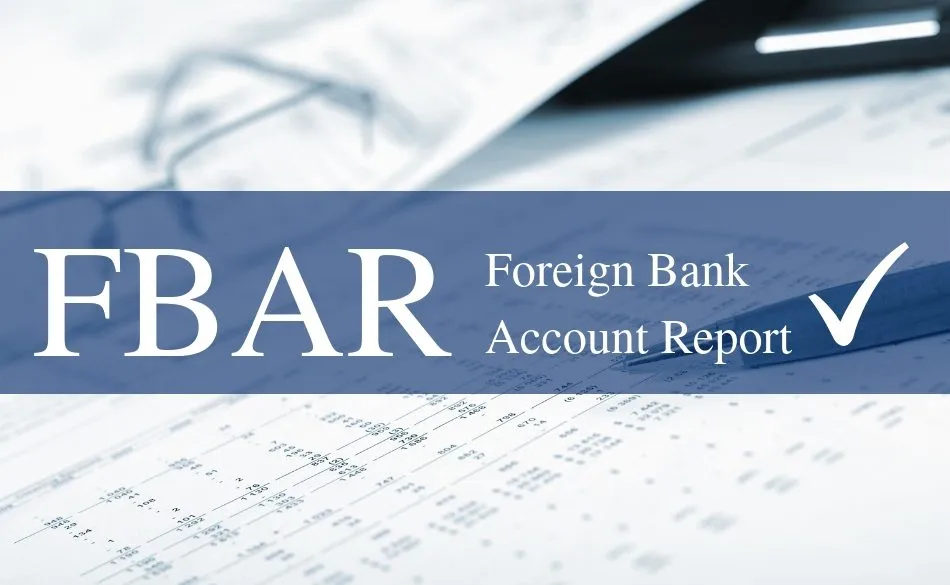 WhatsApp
WhatsApp
 Call Us
Call Us
 Email Us
Email Us
 Whatsapp Community
Whatsapp Community

As the financial year comes to a close, Non-Resident Indians (NRIs) might be considering various investment avenues to optimize their tax savings. One such avenue worth exploring is the Public Provident Fund (PPF), a long-term savings scheme offered by the Indian government. However, there are specific rules and regulations surrounding NRIs' participation in the PPF scheme that they must be aware of to make informed decisions. Let's delve into the intricacies of PPF investments for NRIs to understand how they can leverage this instrument for tax benefits even while residing abroad.
NRIs who opened PPF accounts while they were Indian residents can continue investing in the same accounts until maturity. This means that even after becoming an NRI, they can sustain contributions and accrue interest until the completion of the 15-year tenure.
Once a PPF account matures, NRIs are not allowed to make further contributions, irrespective of their residential status. This restriction comes into effect after the completion of the 15-year maturity period.
NRIs can maintain their PPF accounts until maturity under non-repatriation terms. This means that they can continue making contributions without the option to repatriate funds or convert them into foreign currency. Interest continues to accrue as per prevailing rates, ensuring the account remains active.
It is essential for PPF account holders transitioning to NRI status to inform their account-holding institutions within one month. This ensures compliance with regulations and facilitates continued contributions until the account matures.
NRIs can withdraw funds from their PPF accounts after maturity. The withdrawal process remains unchanged, with funds transferable to their Non-Resident Ordinary (NRO) accounts in India. It's important for NRIs to verify tax regulations in their country of residence before initiating withdrawals.
No new contributions are allowed after account maturity.
NRIs can contribute through NRE, NRO, or FCNR accounts.
Partial withdrawals can be made, but funds cannot be repatriated abroad. However, maturity proceeds can be repatriated through NRO accounts as per RBI's Liberalized Remittance Scheme.
Steps to Close PPF Account for NRIs:
PPF investments present NRIs with a valuable opportunity to save on taxes while building a substantial corpus over the long term. By understanding the rules and regulations governing PPF investments for NRIs, individuals can make informed decisions to optimize their tax-saving strategies as the financial year draws to a close







Stay in the loop, subscribe to our newsletter and unlock a world of exclusive updates, insights, and offers delivered straight to your inbox.